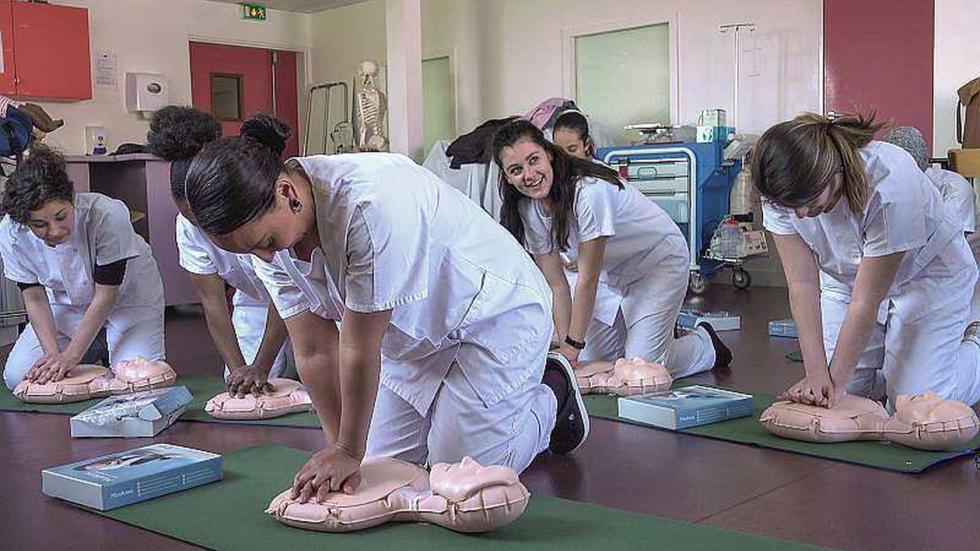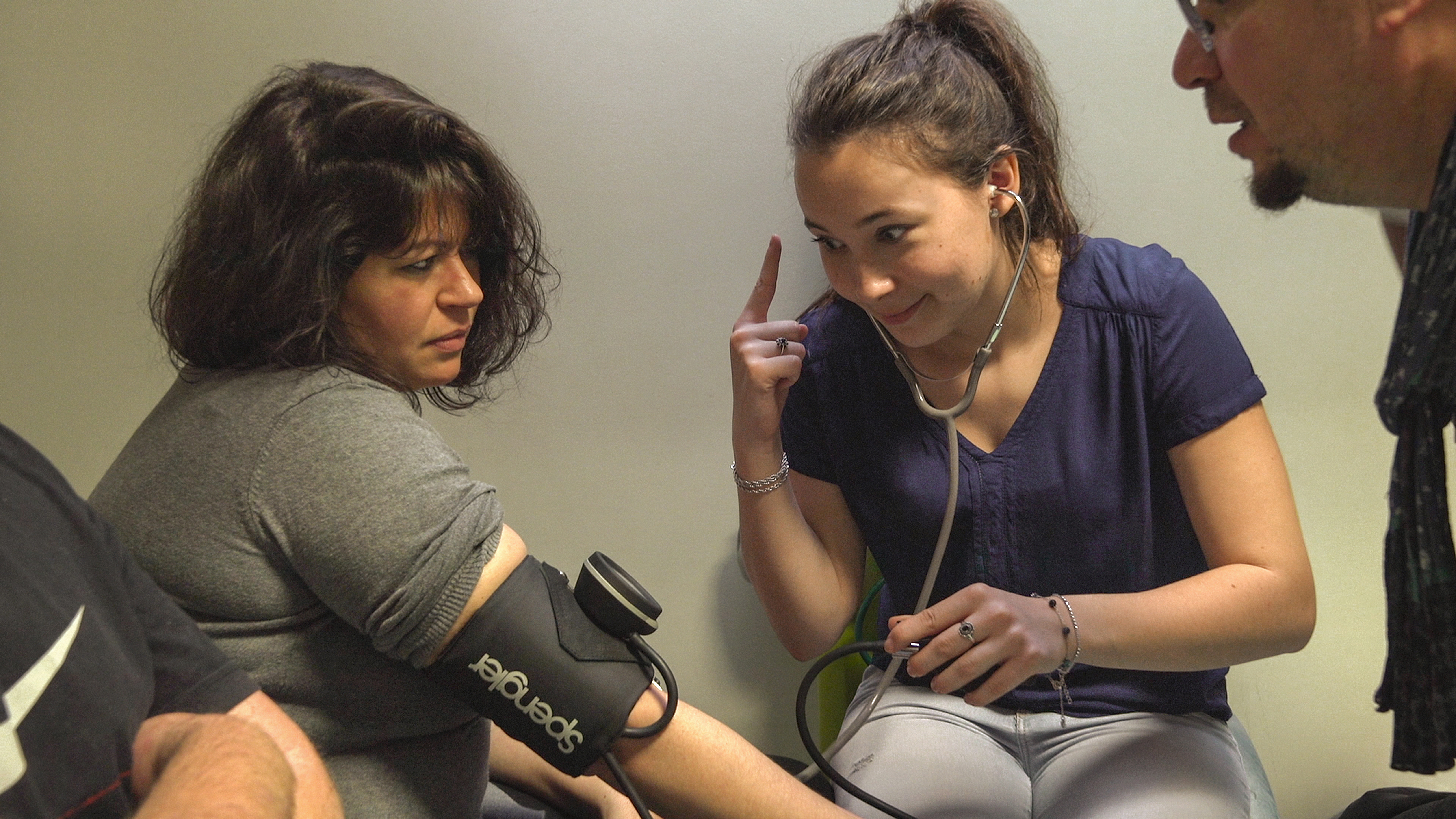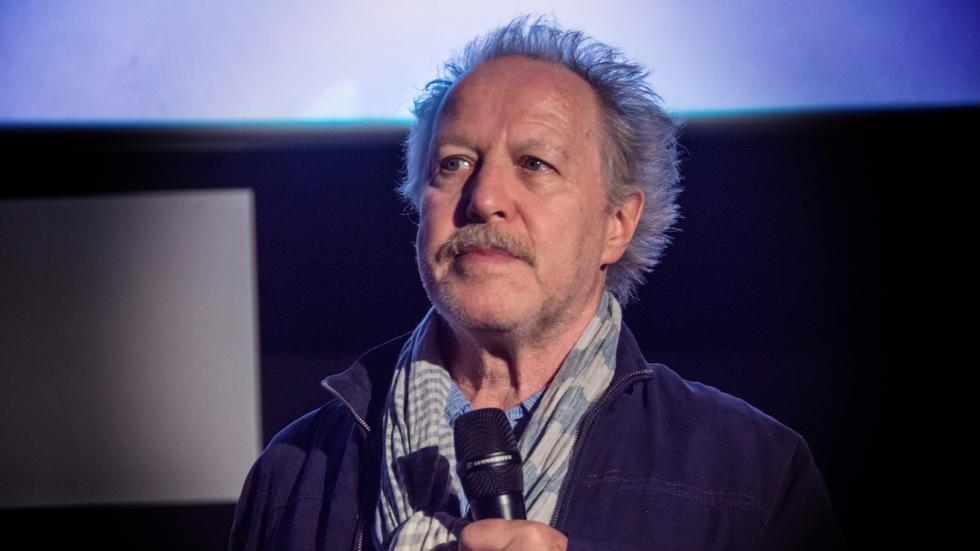PHILIBERT’S WORD
With 'De chaque instant', Nicolas Philibert reaffirms himself as a documentary maker and human portraitist of reference. The director of the unforgettable ‘Être et avoir’ defends the use of the word in a film that shows the training of a group of young health workers at the Institut de la Croix Saint-Simon, and which the #15FestivalSevilla presents in its section The New Waves – Non Fiction. "To be honest, the theme isn’t what’s most important for me: you can make a good film about something anodyne, banal. The beauty of a film isn’t defined by the importance of the theme”, he says at the start of a meeting with a small group of journalists. “It’s true that there are recurrent themes in all my films: work, community and, above all, the word, listening... the human comedy".

Philibert states that he is an addict to surprise in his shoots: “I don’t make films from a pre-existing idea, or wish, or a desire to say something. Rather I build gradually, not knowing where I will be led by all that I find. Really, the less I know at the beginning about the subject in question, the more it motivates me. I want to maintain the appetite, the curiosity that I have at the start of shooting. I make films from a position of not knowing, from my ignorance, in order to learn, to know more".
And... what has he learned from those young students who, at such an early age, must train and develop values such as humanity, generosity or patience? Philbert says: “At first, my idea of nurses came from stereotypes, from clichés. But I found myself with young committed, empathetic people... and I wonder why someone wants to become a nurse knowing that it’is a badly paid job, with unending schedules, and it’s very demanding physically..."
Hope in the new generations
The director of 'De chaque instant' gives two answers: "On the one hand, they can be motivated by the fact that training to be a nurse very probably ensures that you’ll have a job, a salary. And that doesn’t happen with a lot of other careers. On the other hand, there are students who find an enormous personal satisfaction in the human interaction, in the relationship with the patient, in the contact with the frailty of our fellow man... it’s something very strong, very powerful”. For the filmmaker, it’s very interesting “to hear these young people reflecting on the difficulty of their job, and seeing them developing the very necessary otherness".
As a filmmaker, shooting in a nursing school has helped him to discover an obvious parallelism between health and cinema. “When I direct, it’s vital to find the right point of distance from what you are filming. And the same happens between health professionals and patients, they must learn not to be intrusive, to respect their privacy. In some way, a mirror effect is created between what is seen in 'De chaque instant' and my own personality as a filmmaker".
After films like 'Être et avoir' or 'La maison de la radio', Nicolas Philibert has gradually purified a very personal style of his own, based on the word. "In the cinema made today, the word is devalued, and that angers me, because it’s fundamental. Not long ago I was in hospital and I had a very good experience as a privileged observer: I discovered that there are nurses who take refuge in technique, to protect themselves, and who have little communication with the patient. Others talk a lot more, they create a greater human link, and I think that in the end, the use of words is very important. In health care, in life... and in the cinema.








